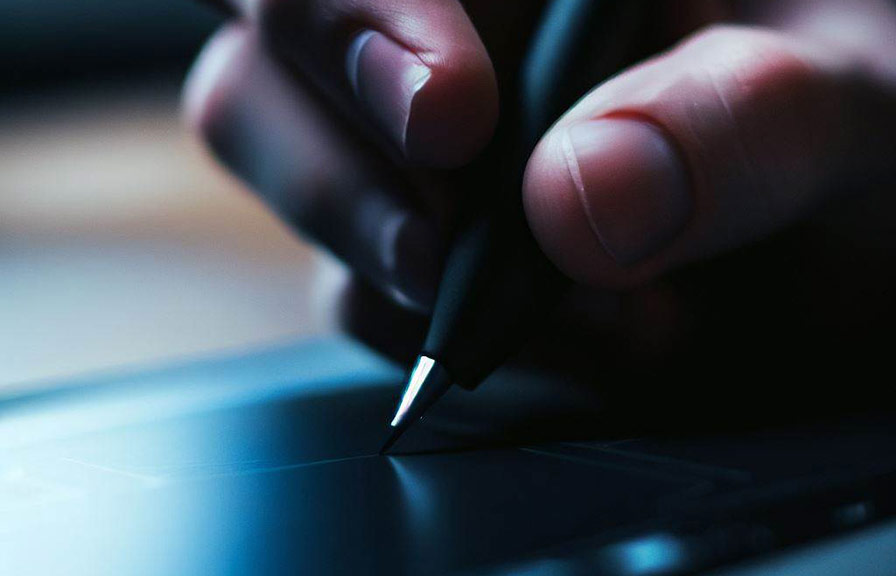Did you know that the brush tool in photoshop has been a core feature of the software since its inception in 1988? that's right! this versatile tool has been empowering artists and designers to create stunning digital art for over three decades now.
In this blog post, we will take a deep dive into the world of the brush tool, exploring various tips and techniques that will help you make the most out of this powerful feature in adobe photoshop.

The anatomy of the brush tool
To truly harness the power of the brush tool, it's crucial to understand its different components. photoshop offers a plethora of settings and customization options for the brush tool, which can be accessed from the options bar at the top of the screen or by right-clicking on the canvas.
Here are some key settings to consider:
1. Brush size and hardness: adjust the size of the brush tip using the slider or input the desired pixel value. the hardness determines the softness of the brush edges.
2. Brush shape: choose from a wide array of preset shapes or create your own custom brushes.
3. Blending mode: experiment with various blending modes to achieve unique effects when painting over existing layers.
4. Opacity and flow: control the transparency and the amount of paint deposited with each stroke.
5. Spacing: adjust the distance between brush marks in a stroke.
Tips for using the brush tool in photoshop
Tip 1: utilize keyboard shortcuts
speed up your workflow by memorizing the following keyboard shortcuts for the brush tool:
- Press b to activate the brush tool.
- Use the [ and ] keys to decrease or increase the brush size.
- Press shift + [ or shift + ] to decrease or increase brush hardness.
- Hold down alt (windows) or option (mac) to temporarily activate the eyedropper tool, allowing you to pick colors from the canvas.
Tip 2: take advantage of pressure sensitivity
If you're using a graphics tablet, make sure to enable pressure sensitivity in photoshop. this will give you greater control over the brush, allowing for more dynamic and expressive strokes. to enable pressure sensitivity, click on the icon next to the size or opacity settings in the options bar, and
Choose "pen pressure" from the dropdown menu.
Tip 3: experiment with custom brushes
Photoshop comes with a plethora of brush presets, but you can also create your own custom brushes to achieve unique effects. to create a custom brush, paint a design on a new layer, then go to edit > define brush preset.
Give your brush a name, and it will be added to your brush library, ready to use.
Tip 4: lock transparent pixels for precision
When painting on a layer with existing artwork, you can lock transparent pixels to ensure that only the opaque areas of the layer are affected. this is particularly useful for adding shading or highlights to your artwork without affecting the background.
To lock transparent pixels, click on the "checkerboard" icon in the layers panel.
Tip 5: use the smudge tool for blending
The smudge tool (shortcut: R) can be a powerful companion to the brush tool, as it allows you to blend colors on the canvas seamlessly. choose a soft brush tip for the smudge tool and experiment with different strengths to achieve the desired blending effect.
Fun fact: the largest brush size in photoshop
Did you know that the maximum brush size in photoshop is a massive 5,000 pixels? this colossal brush size can be useful for creating large-scale paintings or applying broad effects to your artwork.
Conclusion
The brush tool in photoshop is an incredibly versatile and powerful feature that can help you create stunning digital art. by understanding its various components and applying the tips shared in this blog post, you'll be well on your way to mastering this essential tool.
So go ahead, unleash your creativity and let the brush tool in photoshop be your guide to artistic greatness!
